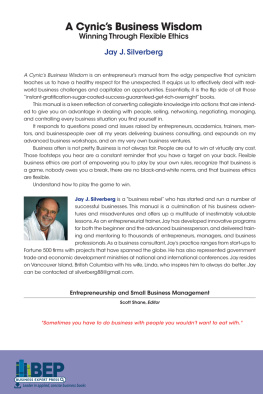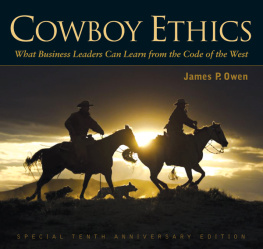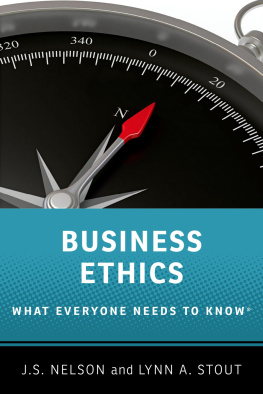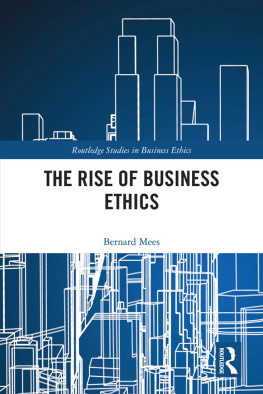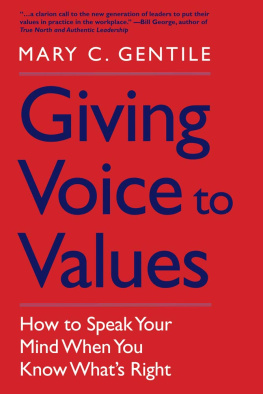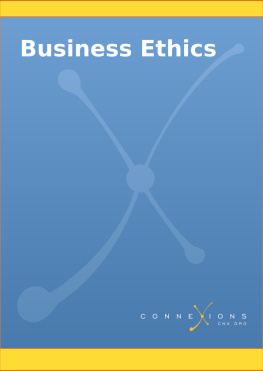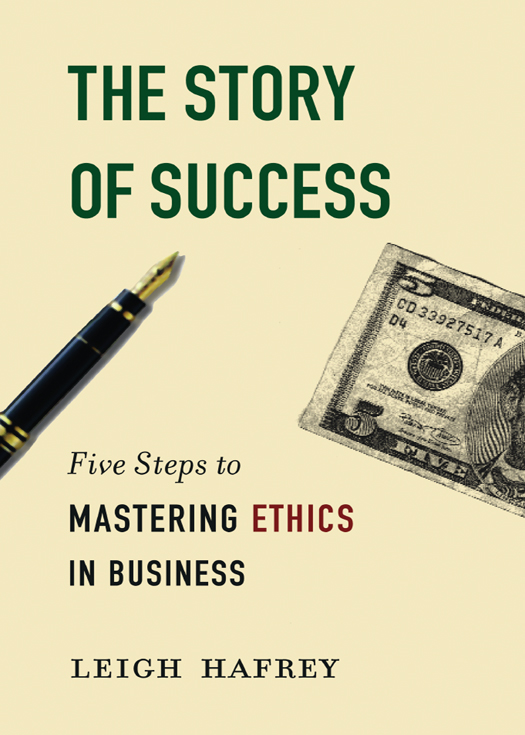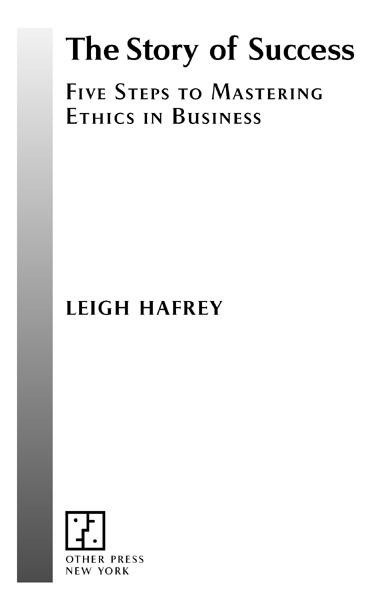Permission to print excerpts from the following is gratefully acknowledged:
- From The Country Bunny and the Little Gold Shoes by DuBose Heyward and Marjorie Flack. Copyright 1939 by DuBose Heyward and Marjorie Flack Larsson. Copyright renewed 1966 by Hilma Larsson and Barnum and Jennifer Heyward. Reprinted by permission of Houghton Miflin Company.
- From A Man for All Seasons by Robert Bolt, copyright 1960, 1962 by Robert Bolt. Used by permission of Random House, Inc.
- Three excerpts from pp. 2, 32, 38, 40 from Cheaper by the Dozen by Frank B. Gilbreth, Jr. and Ernestine Gilbreth Carey. Copyright 1948, 1963 by Frank B. Gilbreth Jr. and Ernestine Gilbreth Carey. Reprinted by permission of HarperCollins Publishers Inc.
- Various extracts from Two Lovely Beasts by Liam OFlaherty. Copyright The Estate of Liam OFlaherty 1948. Reproduced by permission of PFD (www.pfd.co.uk) on behalf of the Estate of Liam OFlaherty.
- The New York Times Magazine, Scenes from a Marriage, August 12, 2001, pp. 44ff.
- Dialogue from Shall We Dance? used by permission of Miramax Films.
- Analect 1.14, Analect 12.16, and Analect 2.4 from The Analects of Confucius, translated by Simon Leys. Copyright 1997 by Pierre Ryckmans. Used by permission of W. W. Norton & Company, Inc.
- Letter from Birmingham Jail, in Why We Cant Wait. Copyright 1963 Martin Luther King Jr. Copyright renewed 1991 Coretta Scott King. Reprinted by arrangement with the Estate of Martin Luther King Jr., c/o Writers House as agent for the proprietor New York, NY.
Copyright 2005 Leigh Hafrey
Production Editor: Robert D. Hack
All rights reserved. No part of this publication may be reproduced or transmitted in any form or by any means, electronic or mechanical, including photocopying, recording, or by any information storage and retrieval system, without written permission from Other Press LLC, except in the case of brief quotations in reviews for inclusion in a magazine, newspaper, or broadcast. For information write to Other Press LLC, 2 Park Avenue, 24th floor, New York, NY 10016. Or visit our Web site: www.otherpress.com.
The Library of Congress has cataloged the printed edition as follows:
Hafrey, Leigh.
The story of success : five steps to mastering ethics in business / by Leigh Hafrey.
p. cm.
eISBN: 978-1-59051-468-9 1. Business ethics. 2. Business ethics in literature. 3. Business ethics in motion pictures. I. Title.
HF5387.H34 2005
174.4dc22
2004027359
v3.1
Contents
1 The Importance of Story:
Placing the Person and the Organization
2 Speak Up, Speak Out:
Articulating Ones Managerial Self
3 See the Big Picture:
Professional Norms, Mastery, and the Teaching Organization
4 Break the Rules, Make the Rules, Absorb the Costs:
The Ethics of Entrepreneurship
5 Tell Good Stories:
Living and Leading the Revolution
6 Test for Truth:
Faith, Work, and the Good Society
7 Mastering Mather:
Ethical Practice, Leaderless Leadership, and Our Collective Future
Annotated Bibliography/Filmography
105 Steps to Mastering Ethics in Business
Acknowledgments
This book wouldnt have been possible without the hundreds of people in business, law, medicine, architecture, law enforcement, the arts, and many other walks of life who willingly talked with me about ethics in seminars, workshops, lectures, and casual conversations on airplanes, in restaurants, parks, and at holiday parties. I hope that The Story of Success begins to capture the spirit of their contributions; they have convinced me that human nature, however fallible, also contains the good that men and women across the ages and all cultures have hopefully ascribed to it.
A few specific thanks are in order: to Ramona Naddaff, for encouraging me to write The Story of Success and making the requisite publishing connection; to my familySandra, Nathaniel, Ben, and all the Hafreys and Naddaffs beyond our nuclear unitwho asked periodically and without too much probing, So, hows the book?; to Judith Feher-Gurewich, my publisher, who was willing to take a chance on this project; to Rosemary Ahern, my editor, for her light pencil; to Michelle Fiorenza, my assistant at MIT Sloan, for her logistical support; and to John Bethell and Ed Steinfeld for reading portions of the manuscript. Without you, too, there would have been no book.
Thus in the beginning all the world was America, and more so than that is now; for no such thing as money was anywhere known.
J OHN L OCKE ,
T HE S ECOND T REATISE OF G OVERNMENT
CHAPTER 1
The Importance of Story
Placing the Person and the Organization
The Subject
This book is about story and the ethical role storytelling plays in our livesparticularly our lives in organizations. So let me begin with a tale from an unusual workplace. I borrow it from a participant at one of my Stories for Leaders seminars, a principal in a West Coast marketing consultancy. He recalled an exchange he had with a salesperson, or counselor, at a cemetery with which he was working at the time. I include his editorial notes in parentheses:
A guy calls me for a pre-need arrangement. (Thats what they call buying your funeral before you die.) He says on the phone, How fast can I choose the plot, buy the casket, and pay for everything? I tell him we can do it immediately. He shows up in an hour. The guy is only 45 years old and looks reasonably healthy. I take him up the hill to our latest property. (Thats what they call a gravesite.) I tell him what the opening and closing costs will be. (Opening and closing costs means digging the grave and then shoveling the dirt back in after the burial.)
I then take him over to the casket room. He chooses the most expensive casket, measuring to see how well he will fit into it. He makes all his decisions. He then asks me for the paperwork. I tell him that it will take a few hours to prepare and that I will send it to him the next day. No, he says emphatically. I need it now.
I look at him: May I ask why you are in such a rush? Yes, you may, he answers. When I am done here, Im going home to commit suicide. I look back at him and say, Im a commission salesman. The deal has to be in effect for seven days in order for me to receive my commission. Ive just spent hours with you and if you commit suicide today, I wont get my commission.
The guy waited because of me. I got him help. Hes still alive. And I got my commission.
Most of us have only passing interactions with cemetery counselors, and prefer it that way. We do not spontaneously locate our notions of ethical practice at the cemeteryin fact, we generally assume that when we have gotten that far, its too late to redeem ourselves through virtuous acts. Yet cemeteries, too, need to be managed, and so this grave story speaks to questions that The Story of Success raises and hopes to answer for business and management. Here are those questions, starting with the specifics of the story and expanding to the larger philosophical issues that they imply:


